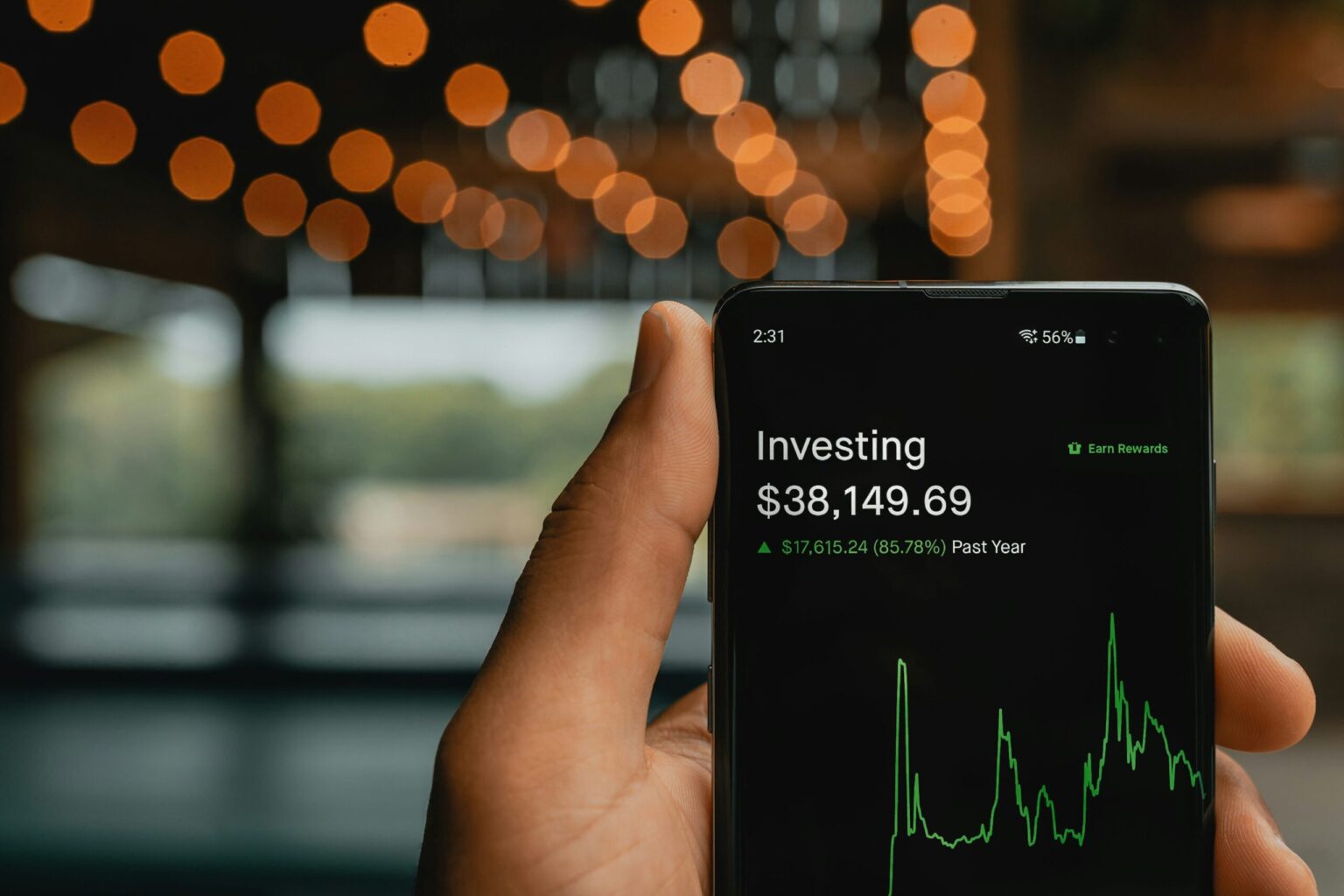As the world of finance continues to evolve, one company, Robinhood Markets, has emerged as a significant player in the cryptocurrency sector. Recently, the firm reported a notable increase in revenue, driven predominantly by its crypto trading activities. This development not only highlights the growing importance of digital assets in financial markets but also underscores Robinhood’s strategic pivot towards a diversified product offering. Let’s explore how Robinhood’s foray into cryptocurrencies is influencing its financial performance and what it means for investors.
Robinhood’s Strategic Expansion in Crypto Drives Revenue Growth
In a striking demonstration of its evolving business strategy, Robinhood Markets recently announced a substantial boost in its third-quarter earnings, largely attributed to the surge in cryptocurrency trading. For the quarter ending September 30, the company’s total revenue soared to $1.27 billion, doubling its previous year’s performance and surpassing Wall Street expectations of $1.2 billion.
Robinhood’s Crypto Trading Boom
During the quarter, Robinhood’s revenue from crypto transactions reached nearly $270 million, marking a staggering increase of over 300% compared to the previous year. Overall, transaction-based revenue jumped by almost 130% to $730 million, with earnings per share increasing by 260% to $0.61, significantly exceeding analysts’ forecasts of $0.51. These figures underscore the pivotal role of cryptocurrency trading in Robinhood’s financial success.
The company’s Chief Financial Officer, Jason Warnick, highlighted the impact of new business ventures like Bitstamp, acquired in June, and prediction markets that are contributing approximately $100 million or more in annualized revenue. These additions reflect Robinhood’s continuous efforts to broaden its market presence and drive growth.
Expanding Into the World of Crypto Products
While Robinhood initially gained fame for its commission-free stock trades, the company is now venturing into new territories. Its initiatives include offering tokenized versions of shares and facilitating prediction market trading. The acquisition of Bitstamp aligns with these efforts, further diversifying their product portfolio. Executives aim to expand the reach of prediction markets internationally, contingent upon local regulatory frameworks.
CEO Vladimir Tenev emphasized the potential of tokenized stock offerings, acknowledging current interoperability challenges. He expressed optimism that future integration with decentralized finance (DeFi) platforms could enhance the transferability of tokenized assets between networks.
Investor Reactions and Stock Performance
Following the earnings report, Robinhood’s stock saw a 4% increase, reaching $142 in regular trading. However, post-market activities saw a slight dip, with shares falling below $140. Despite this fluctuation, Robinhood’s stock has appreciated by over 280% this year, hitting an all-time high of $152 on October 9 before experiencing a setback due to a broader crypto market downturn.
The mixed market dynamics present a complex scenario for investors. While robust revenue growth is evident, the close link between Robinhood’s performance and crypto trading volumes introduces a layer of volatility. With regulatory developments and market fluctuations influencing new revenue streams like Bitstamp and prediction markets, analysts remain vigilant regarding these variables’ potential impact on future earnings.
FAQs
How does Robinhood generate revenue from crypto trading?
Robinhood earns revenue through transaction fees and the spread on trades executed through its platform. The significant increase in crypto trading volume has substantially contributed to its recent revenue growth.
What are tokenized stock offerings, and how do they benefit investors?
Tokenized stocks represent shares of a company in a digital format, enabling fractional ownership and potentially increased liquidity. They offer investors greater flexibility in trading and investing in stock markets globally.
Is Robinhood’s pivot towards crypto a sustainable strategy?
While crypto trading has proven lucrative, sustainability depends on market conditions, regulatory developments, and Robinhood’s ability to innovate and adapt. Diversifying into areas like prediction markets could bolster long-term growth.
How could regulatory changes impact Robinhood’s business model?
Regulatory shifts could influence the feasibility and operation of Robinhood’s crypto and tokenized product offerings. The company must navigate varying regulations across jurisdictions to maintain compliance and continue its expansion.
This comprehensive guide delves into Robinhood’s strategic shift toward cryptocurrency and tokenized products, offering insights into its impact on the company’s performance and future prospects.

